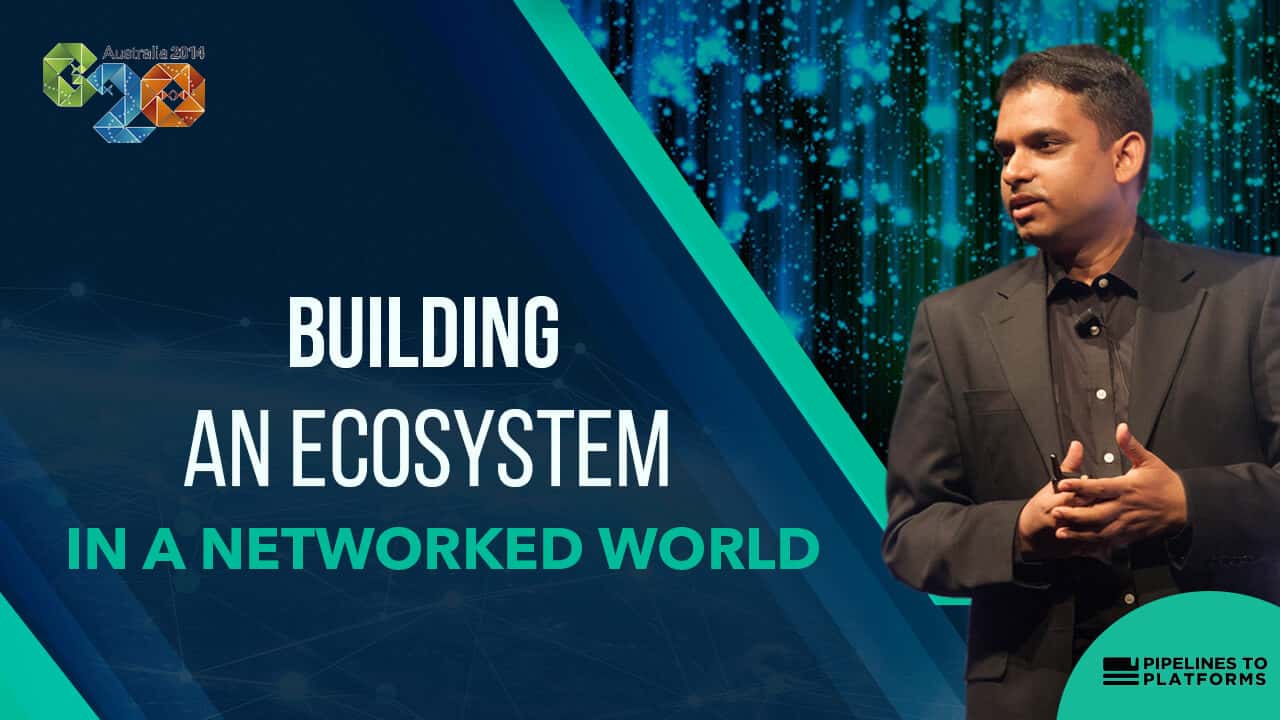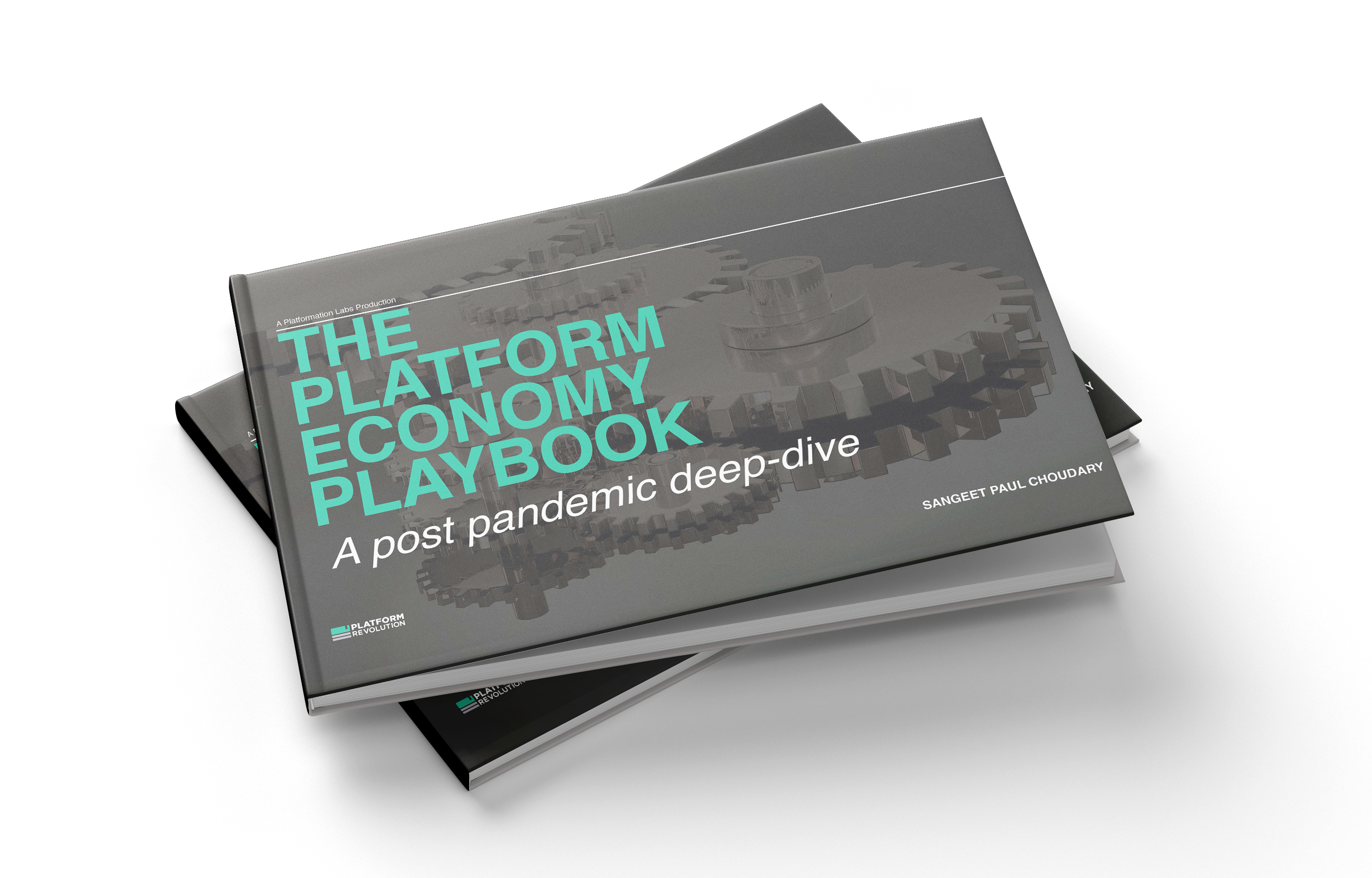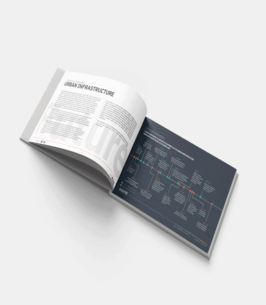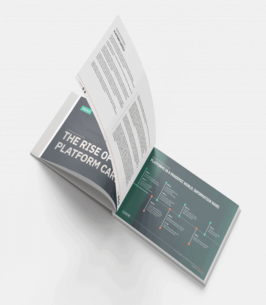Growth
The platform you never planned for
Exploring the Interplay Between Code and Culture in Platforms
The title of this post may sound contradictory to a lot of my work that focuses on creating a playbook to identify structural patterns for planning, strategy, and policy for platforms. While platforms require careful strategy and planning, a lot of platform evolution defies best-laid plans by virtue of the fact that user behavior on platforms is emergent. After writing a detailed section (Section 2, Platform Scale) on the design and planning of platforms in my first book, Platform Scale, I had caveated (in the final chapter of the section) that much of platform evolution depends on emergence. Much like Lego, you can lay out the building blocks, but the configurations that emerge can take the platform in new directions. If you’d like to read more about it, you should refer my earlier article on the TRIE framework which essentially posits that the platform manager can define the tools of interaction and the rules of engagement but the definition of the end user experience is owned by the users (unlike a product or a service where the owner defines the end user experience).
In anticipation of my upcoming book Platform Revolution in March, I was recently interviewed by Brook Manville on Forbes. Brook pushed on certain aspects of my thinking on platforms and brought back the topic of emergence from another angle. While this is an issue I explore in more detail in my upcoming book, the key issue that we discussed was the difference between three terms that are often used interchangeably: markets, ecosystems, and communities.
Brand will become more important because ultimately differentiation will move beyond creating efficient market connections, towards overall end-to-end experience.
Feel Free to Share
Download
Download Our Insights Pack!
- Get more insights into how companies apply platform strategies
- Get early access to implementation criteria
- Get the latest on macro trends and practical frameworks
The following is a relevant extract from the interview:
“Platforms create an exchange of value enabled by technology, and the market is comprised of participants making the exchange. The ecosystem is something larger. The overall value of a platform usually requires other players too, e.g., developers who build tools to operationalize the exchange. For Twitter, the platform market is comprised of tweet creators, tweet readers, and advertisers. Its ecosystem would also include developers working on, say, the search function for the platform.”
“Value-exchange based on markets depends on incentives, and we think about it in economic terms. But there are two additional elements to the model. Platforms also have codes and cultures; these ultimately shape what becomes a community. Codes are rules of conduct that mediators enforce for operating in the market. Culture is more emergent. It grows out of values and practice as the market and ecosystem mature. It’s more difficult to control; and also (as seen with Reddit and Twitter), the culture of the community can sometimes turn against the platform itself.”
I also go on to discuss that the role of culture depends to a large extent on the type of platform you build:
“We’ve seen that different platforms have different degrees of dependence on the community. When the market exchange is more commoditized—like Uber or Lyft providing taxis to customers—strategy calls for managing economic incentives. But when a business is more individualized and varied, say apartments in Airbnb or craft sales in Etsy, strategy demands more attention to culture across the markets and ecosystem.”
Almost all platforms require a sense of community to some extent, no matter how bloodless the actual interaction may seem. But it is important to understand how important community is to your platform and how much of it is defined code vs. emergent culture. Uber, for example, can afford to rely heavily on defined code whereas a platform like Couchsurfing (at least when it started) relied heavily on emergent culture. At an extreme are platforms like Reddit where the tools of interaction themselves are so commoditized and the emergent culture so definitive that many have launched entirely unique communities by using the same set of tools to facilitate a new type of interaction. Hacker News, Inbound.org, GrowthHackers, etc. have all used the Reddit toolset to create entirely new communities. Value is defined almost entirely by culture.
Further in the interview, I also point out another issue I explore in the upcoming book Platform Revolution: the idea that platforms will eventually expand to cover the end-to-end experience instead of playing the traditional matchmaking role only.
“Brand will become more important because ultimately differentiation will move beyond creating efficient market connections, towards overall end-to-end experience. For example, Airbnb has to compete long term on that, and not just matching people with nice apartments. That leads back to questions of culture. Over time, even for some businesses that are initially commoditized, the community will start to matter more.”
The problem that I see today in a lot of discussions on platforms is that the camp that understands data and economics doesn’t necessarily understand emergence and community (and sometimes even refuses to acknowledge it) while the camp that talks about community tends to talk about it in very flaky terms without understanding the role played by data and systems thinking. Platform Revolution tries to take the first tentative steps towards reconciling the two viewpoints, and I will focus a lot of my upcoming work on bridging these two camps.
State of the Platform Revolution
The State of the Platform Revolution report covers the key themes in the platform economy in the aftermath of the Covid-19 pandemic.
This annual report, based on Sangeet’s international best-selling book Platform Revolution, highlights the key themes shaping the future of value creation and power structures in the platform economy.
Themes covered in this report have been presented at multiple Fortune 500 board meetings, C-level conclaves, international summits, and policy roundtables.
Subscribe to Our Newsletter












